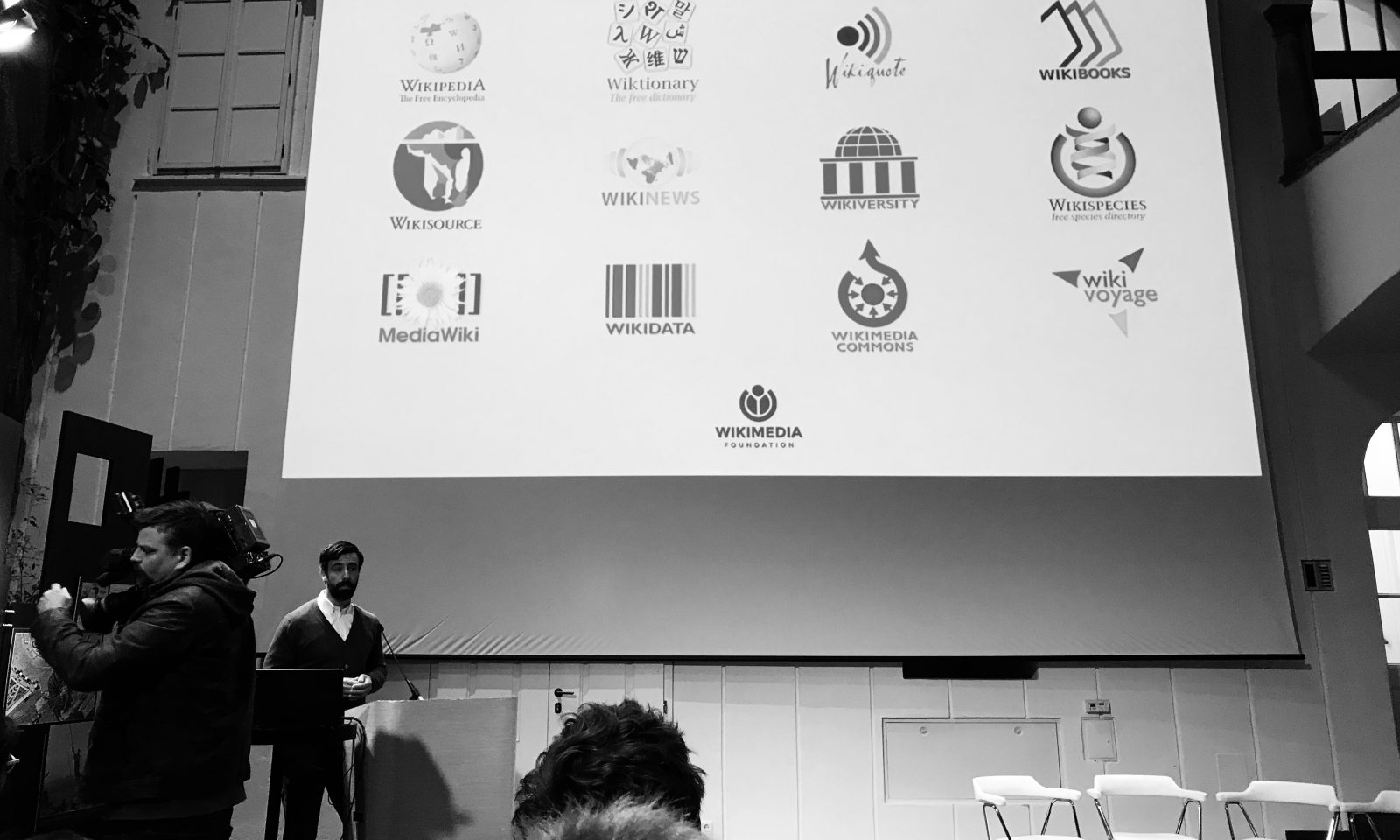Open Knowledge Day on Studio City
“The Directive threatens free knowledge. We are all authors, we are all creators online, so requirements for platforms to filter uploads by third parties, by their users may really lead to a situation where these same filters can be applied to other types of content. Not just copyright violations, you can basically censor anything.”
This is how Jan Gerlach (Senior Public Policy Manager, Wikimedia Foundation) commented on the possible domino effect of the Directive on copyright and related rights in the Digital Single Market. The whole video of the programme Studio City can be accessed here.
The Grand Board of the European Union Intellectual Property Office (EUIPO) finally ruled that the figurative sign ‘COVIDIOT’ cannot be registered as an EU trademark.
The 4th Open Knowledge Day took place on Tuesday 17 October 2023, with an accompanying workshop on 18 October 2023. This year it was organised by the Open Data and Intellectual Property Institute (ODIPI) and supported by Knowledge Rights 21 (KR21).
We invite you to the fourth Open Knowledge Day and the workshop, which will take place this year within the framework of the programme and with the support of Knowledge Rights 21. The event will bring together experts from different European countries to discuss two topics: the first part will deal with the legal basis for data analytics, which is a key part of machine learning and related artificial intelligence, and the general exception for research. In the second part, open science in theory and practice will be presented both in Slovenia and in some Western Balkan countries. Representatives of research and educational institutions from Slovenia and the Western Balkan countries, as well as interested members of the public, are invited to attend.
Dr. Maja Bogataj Jančič, a renowned expert in copyright law, has joined the Berkman Klein Center for Internet & Society at Harvard University, where she will serve as an affiliate researcher for the next two years.





